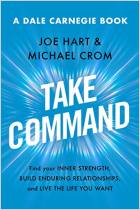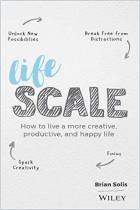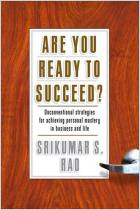Melden Sie sich bei getAbstract an, um die Zusammenfassung zu erhalten.

Melden Sie sich bei getAbstract an, um die Zusammenfassung zu erhalten.
Jay Shetty
Think Like a Monk
Train Your Mind for Peace and Purpose Every Day
Simon & Schuster, 2020
Was ist drin?
Former monk Jay Shetty teaches you how to craft a meaningful life that values gratitude, compassion and service.
Recommendation
Do you know your true calling? Former Vedic monk Jay Shetty shares advice he draws from both scientific research and ancient spiritual texts to help you live a happy, meaningful life. He guides you in learning to embrace detachment and overcome negative self-talk and toxic influence; in building healthy relationships and self-esteem and overcoming your ego; and in living mindfully with compassion and gratitude. Shetty believes each person has his or her own “dharma” – a Sanskrit word that roughly translates into “purpose” or “calling” – and that it’s never too late to discover yours.
Summary
About the Author
Jay Shetty is a New York Times best-selling author, award-winning storyteller, podcast host of On Purpose and former monk. In 2019, he was AdWeek’s Young Influentials cover star. In 2017, Forbes named him to their 30 Under 30 List for his game-changing impact in media. His videos have been viewed more than eight billion times and he has more than 40 million followers across social media.



















Comment on this summary